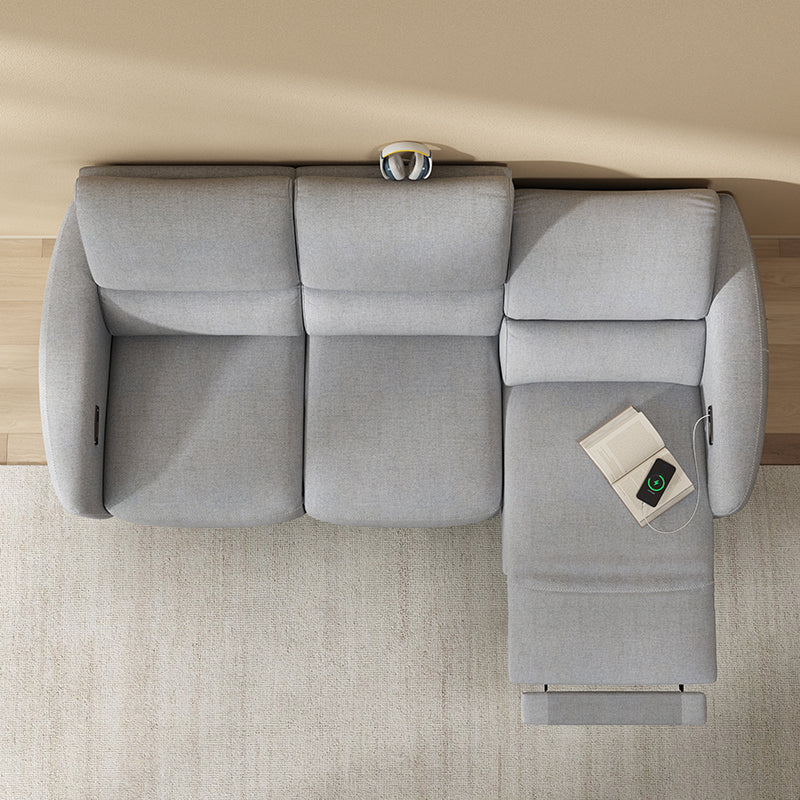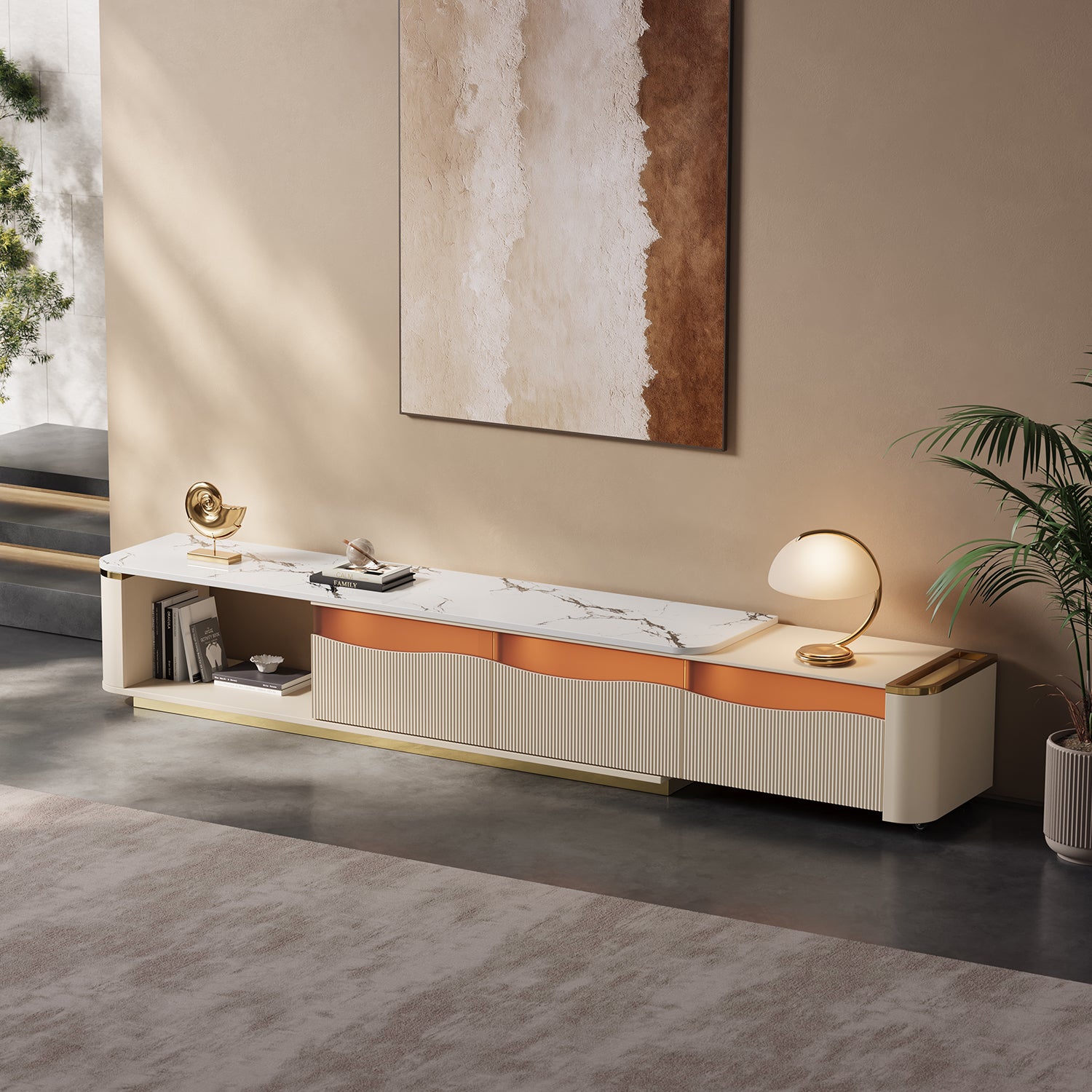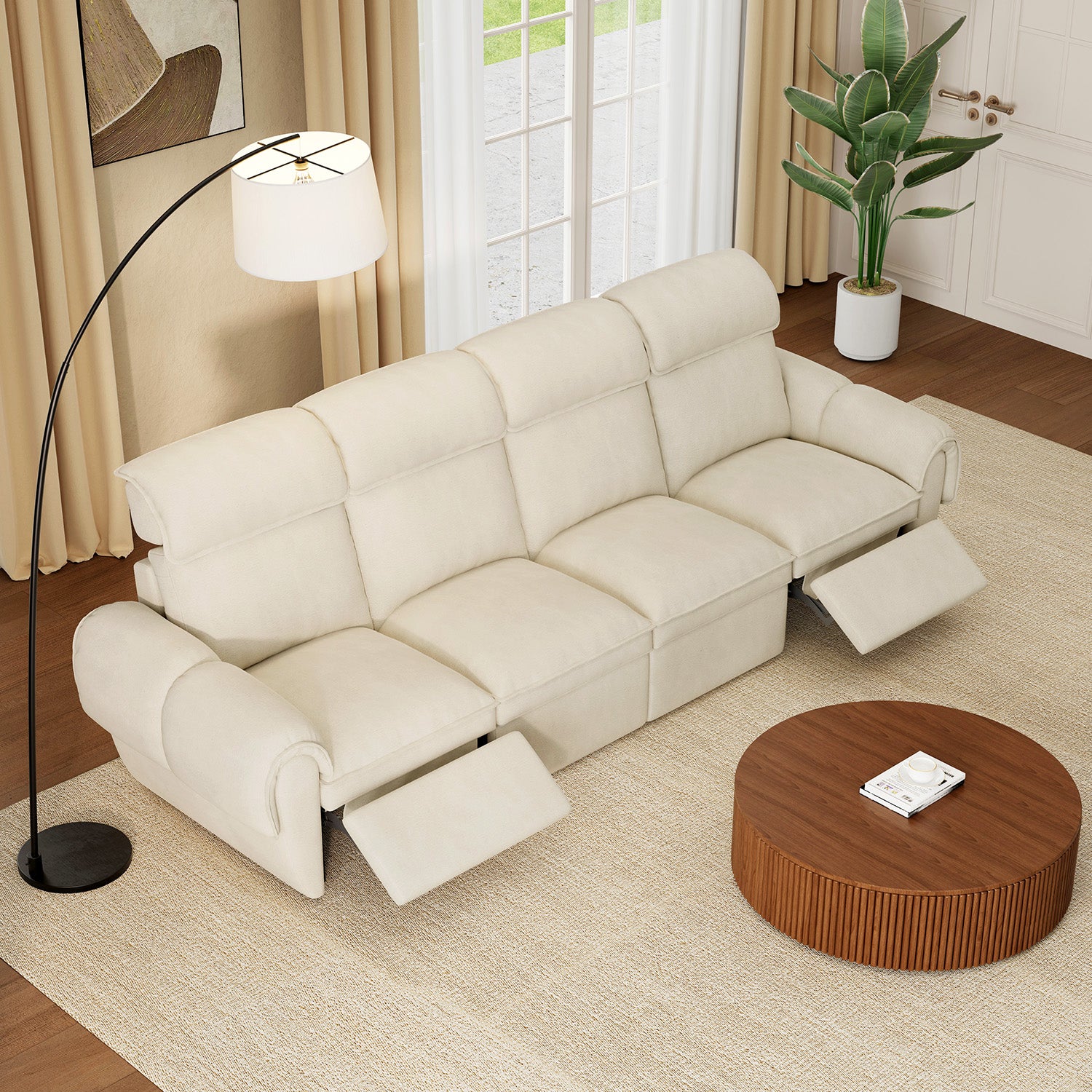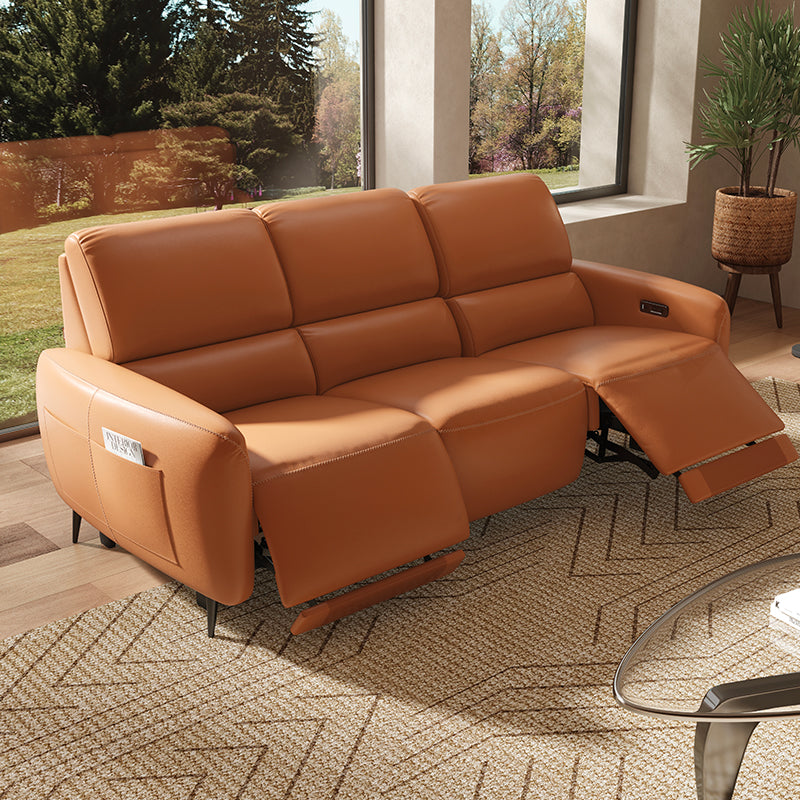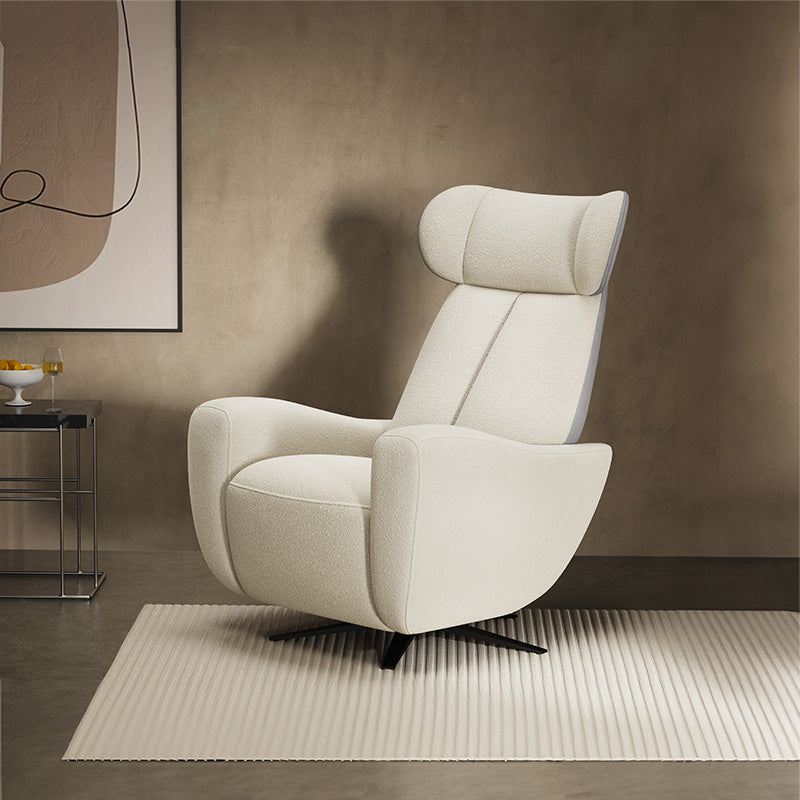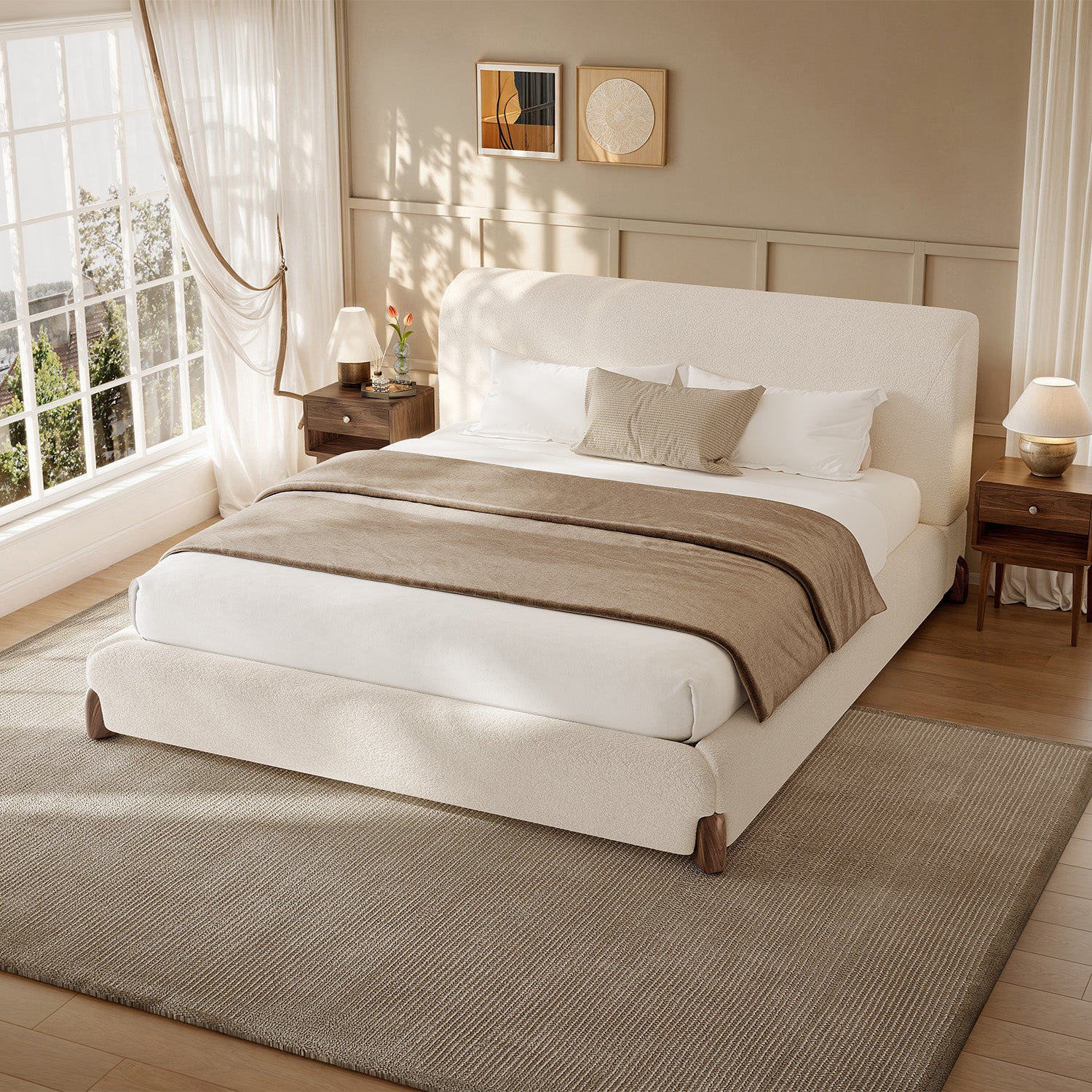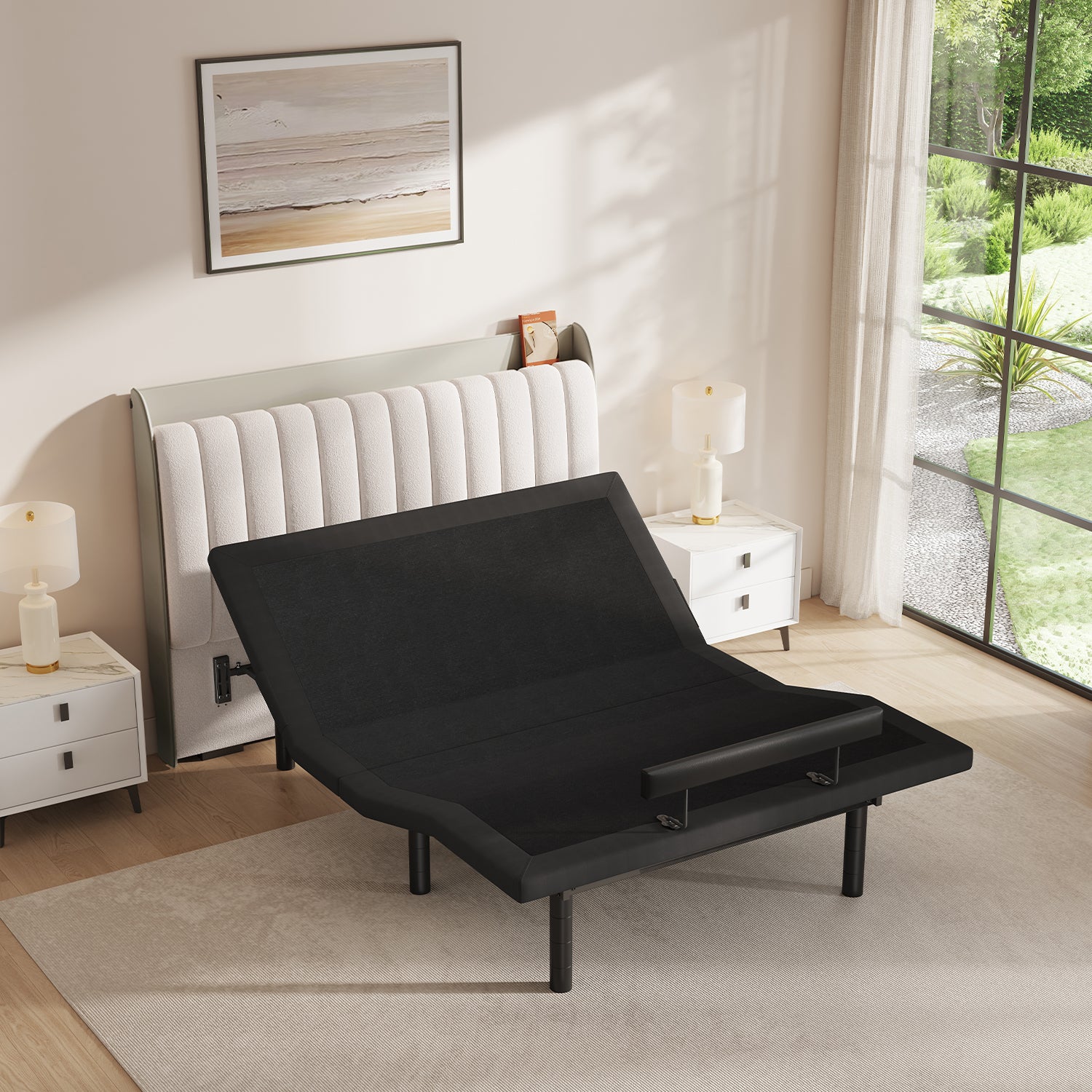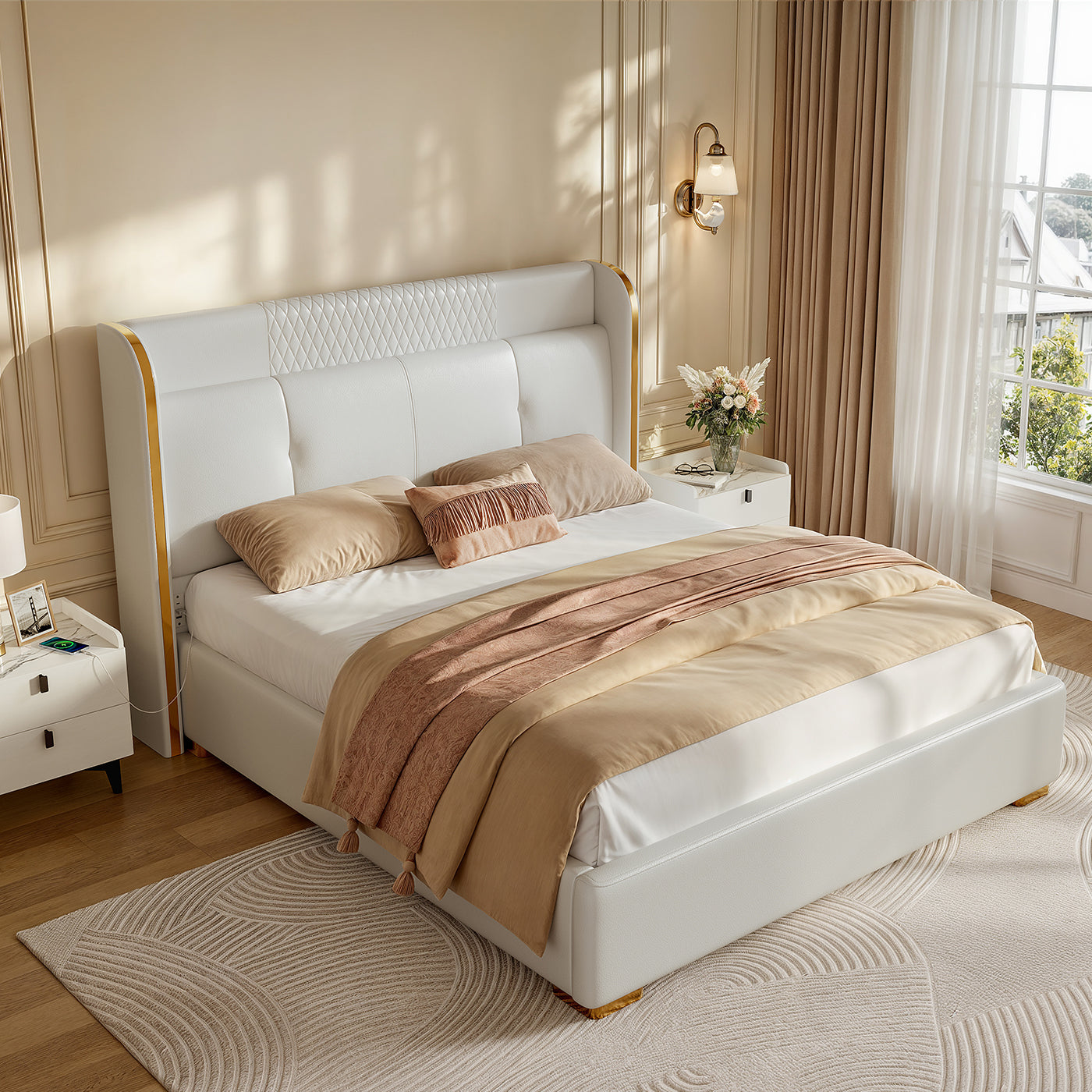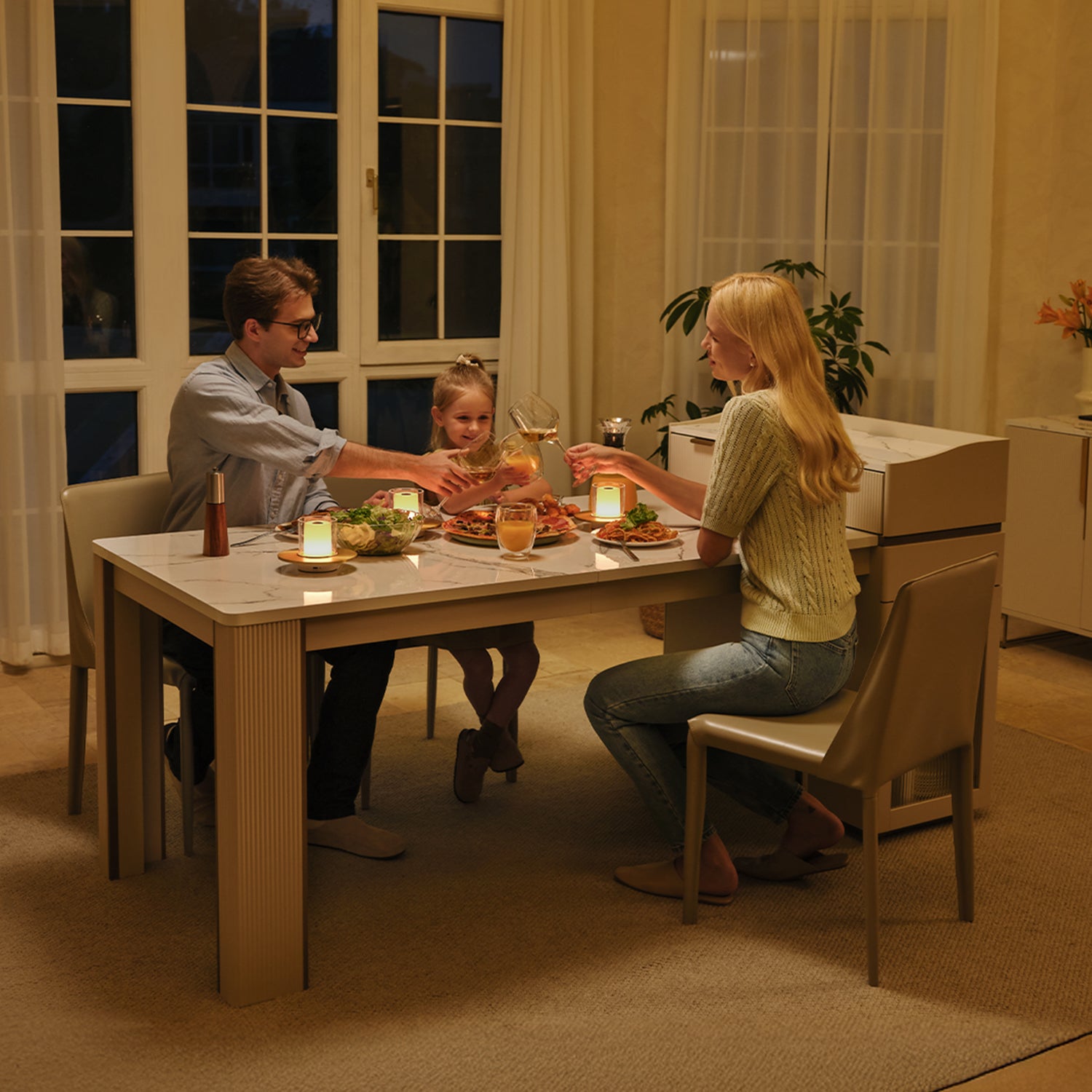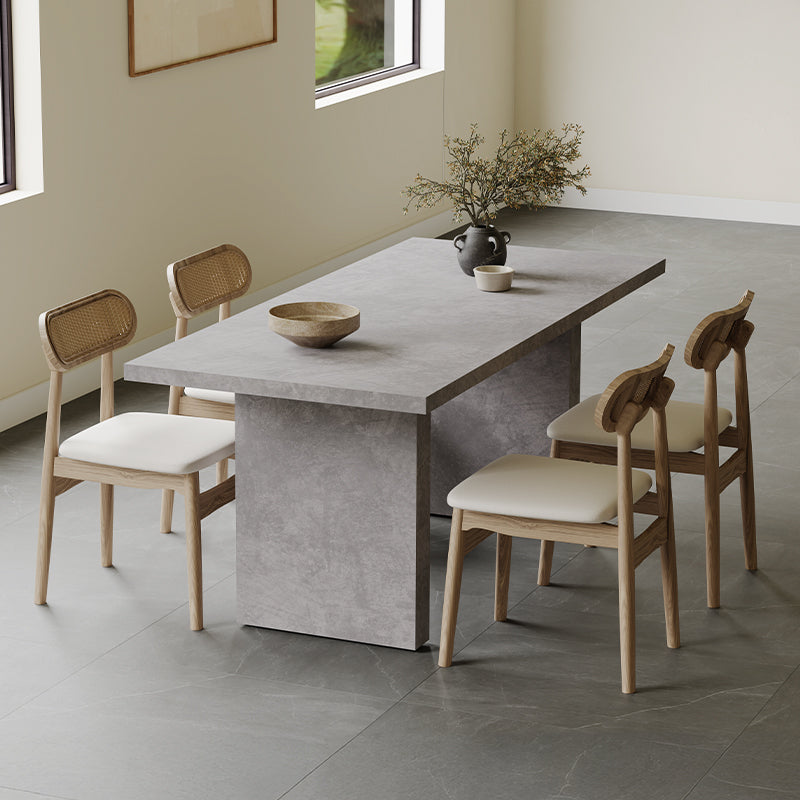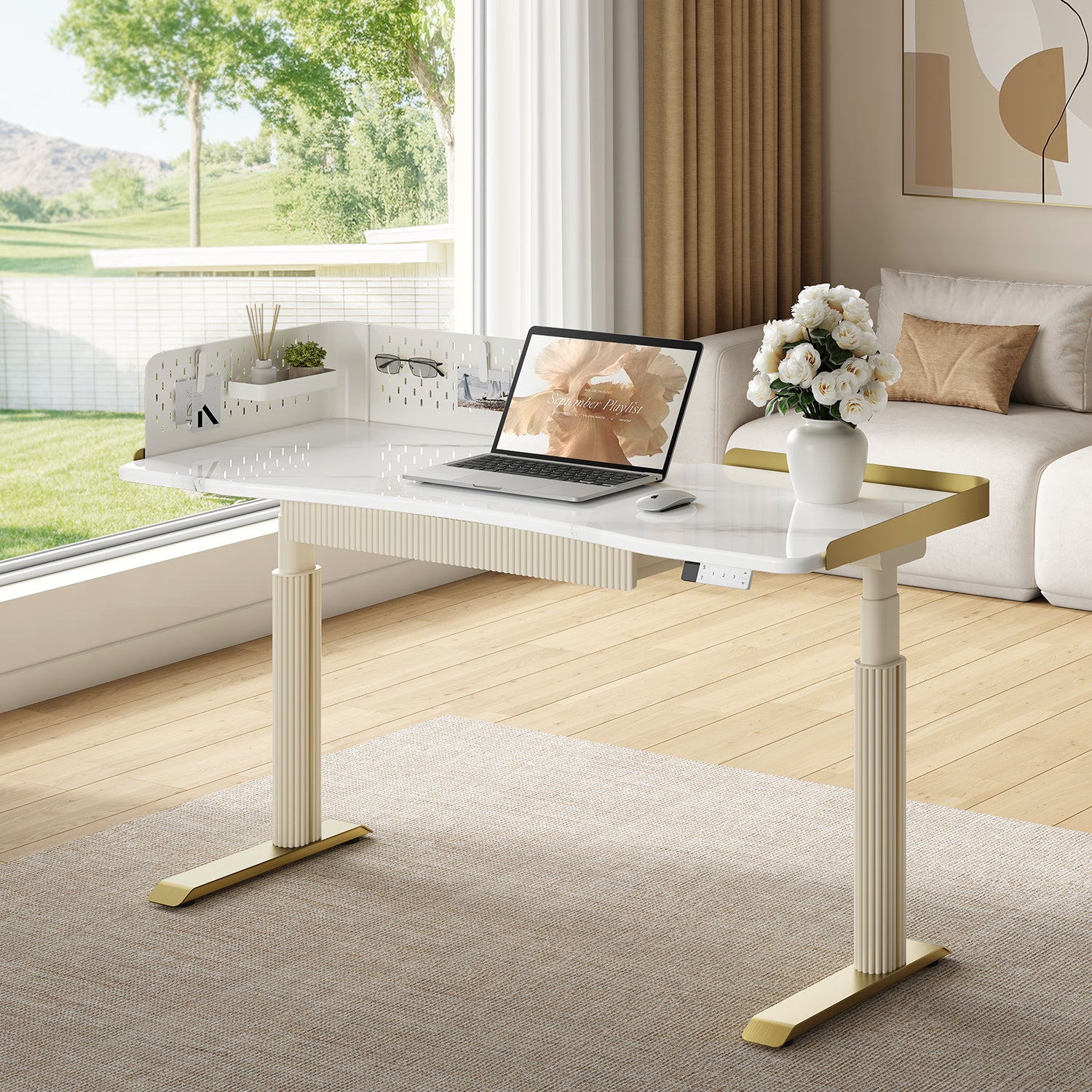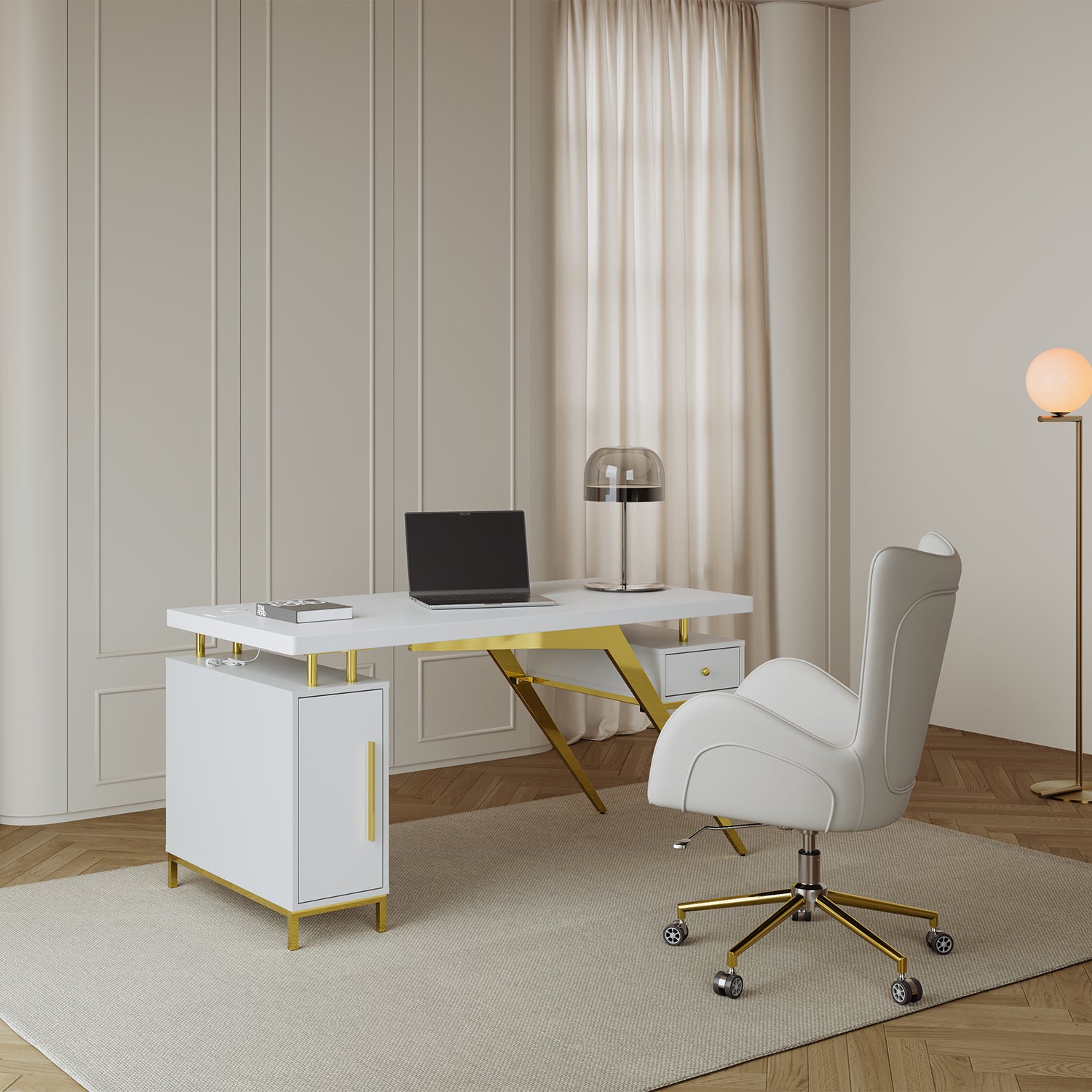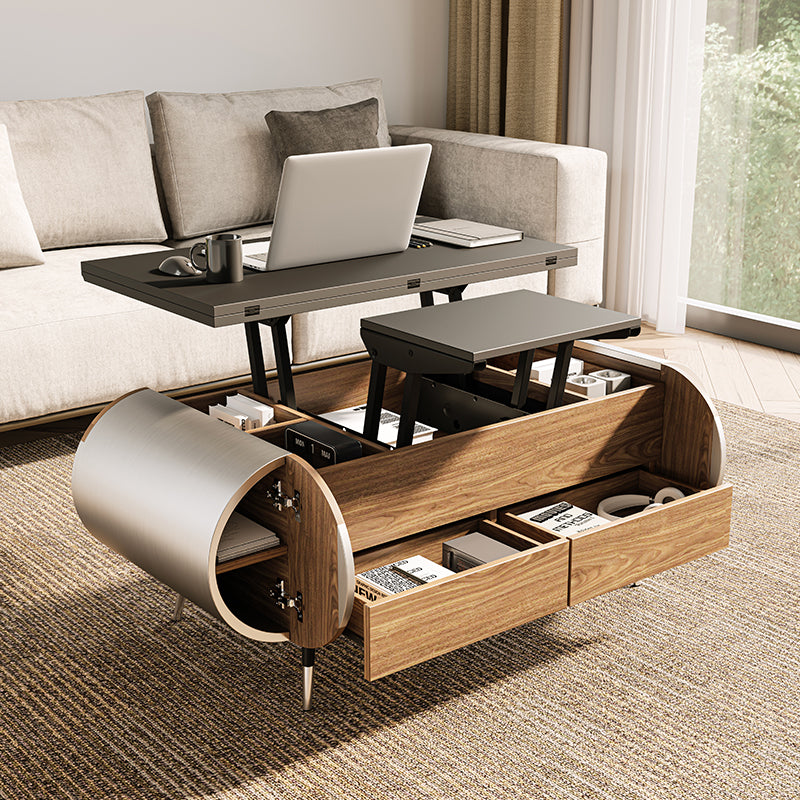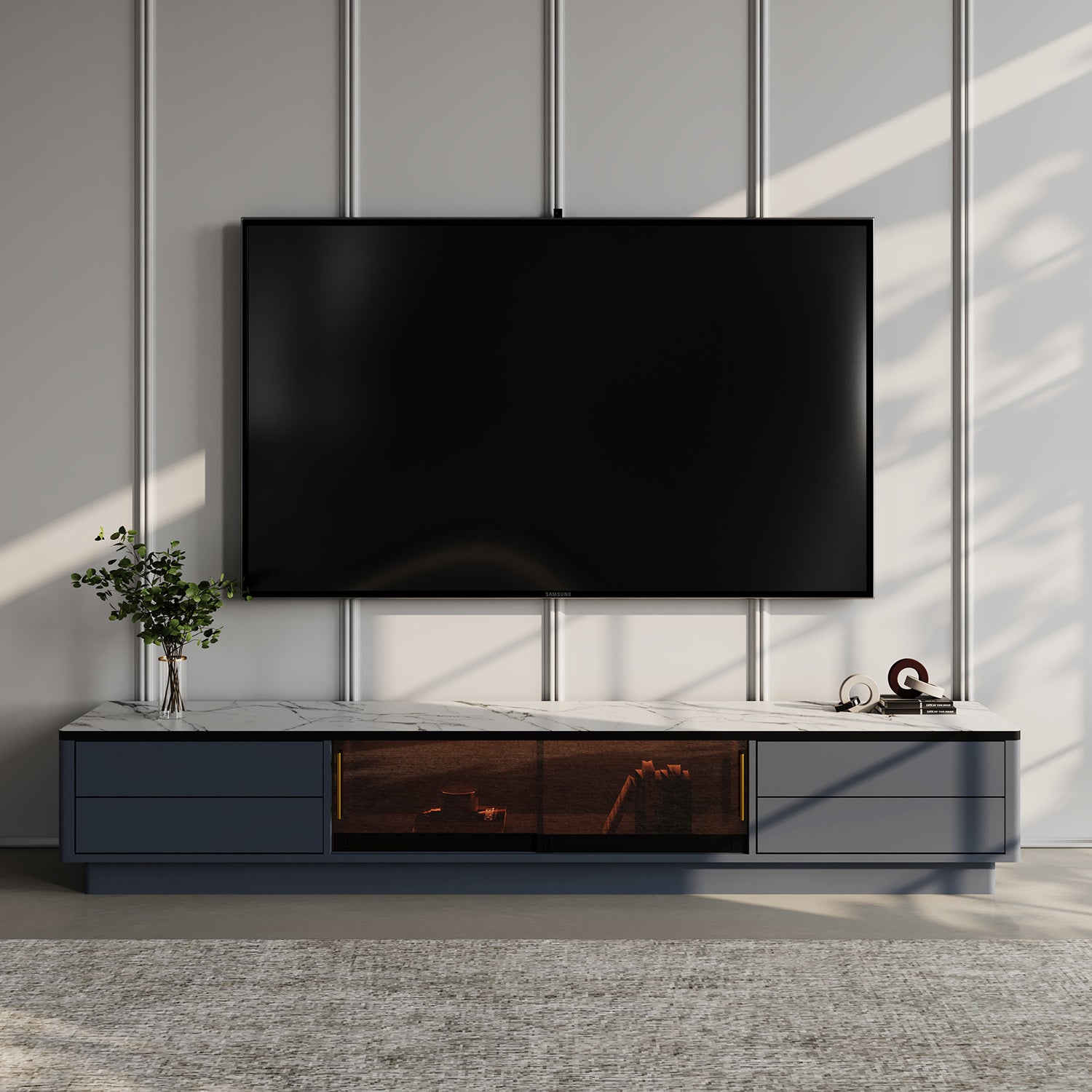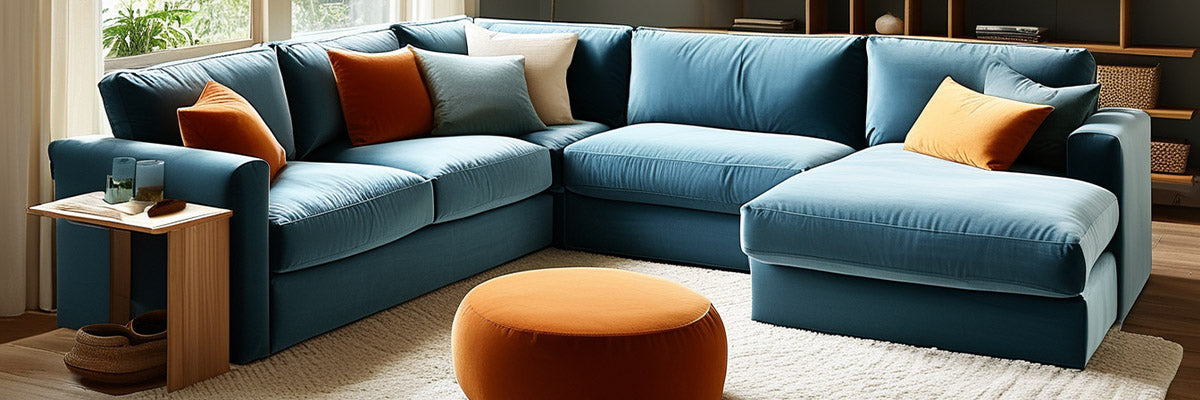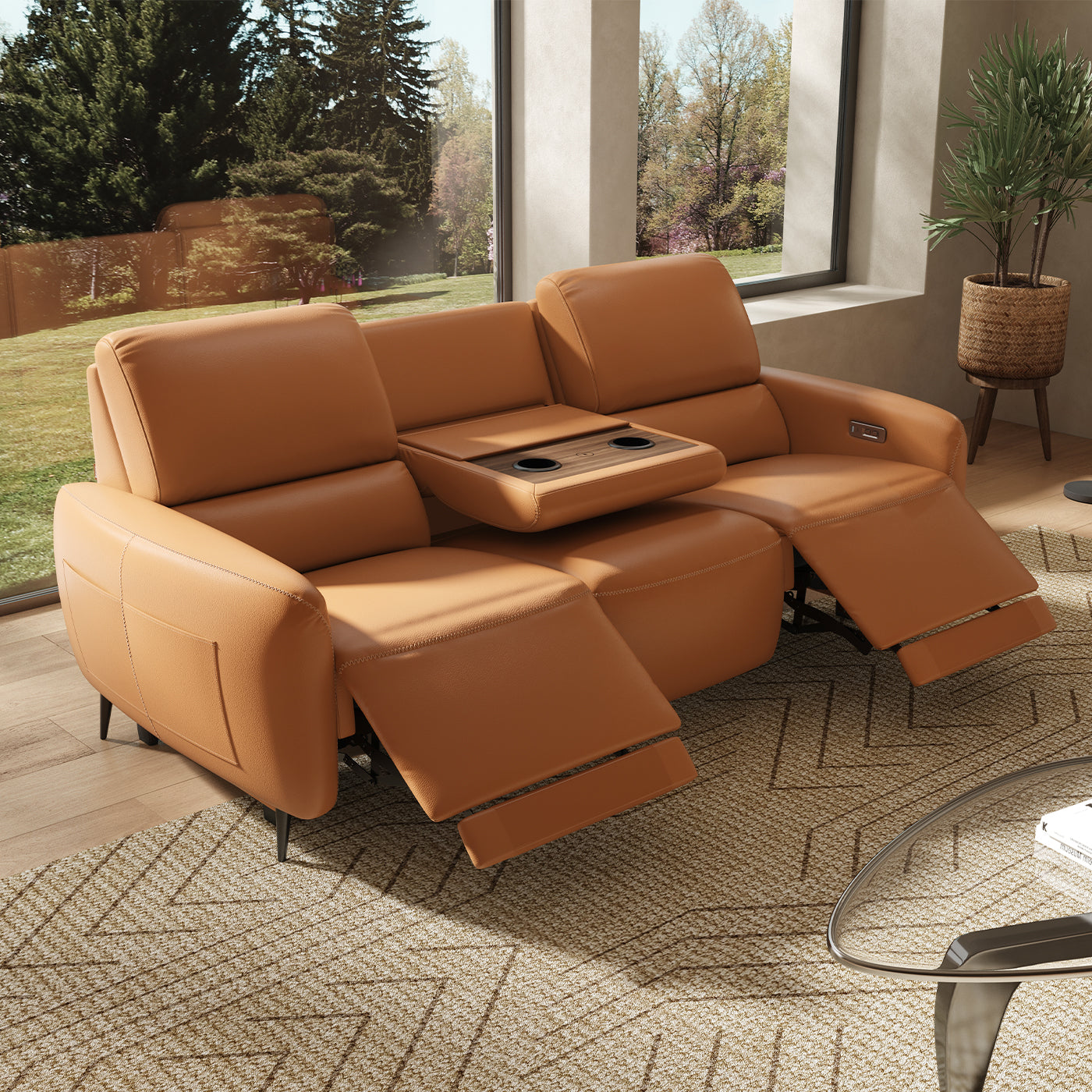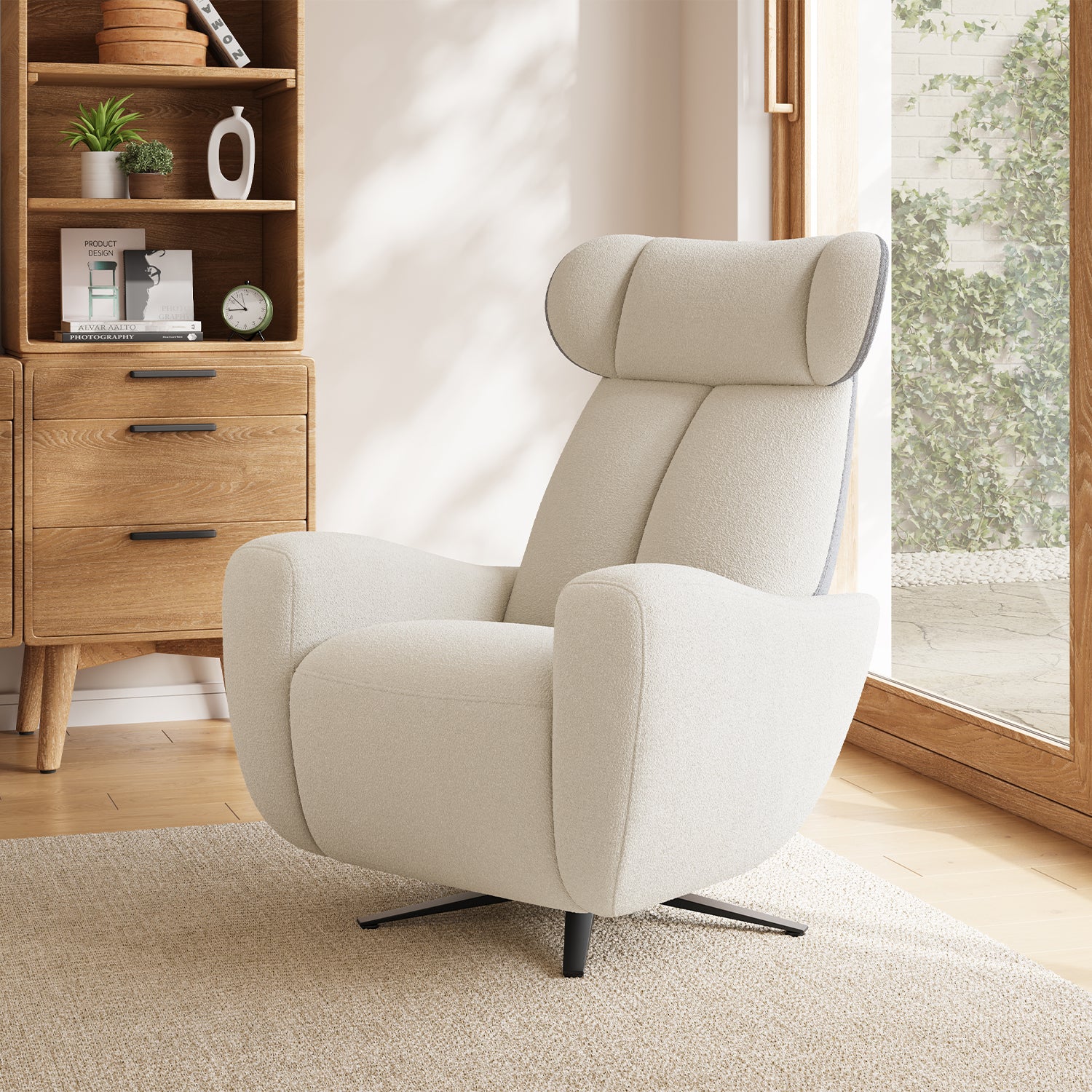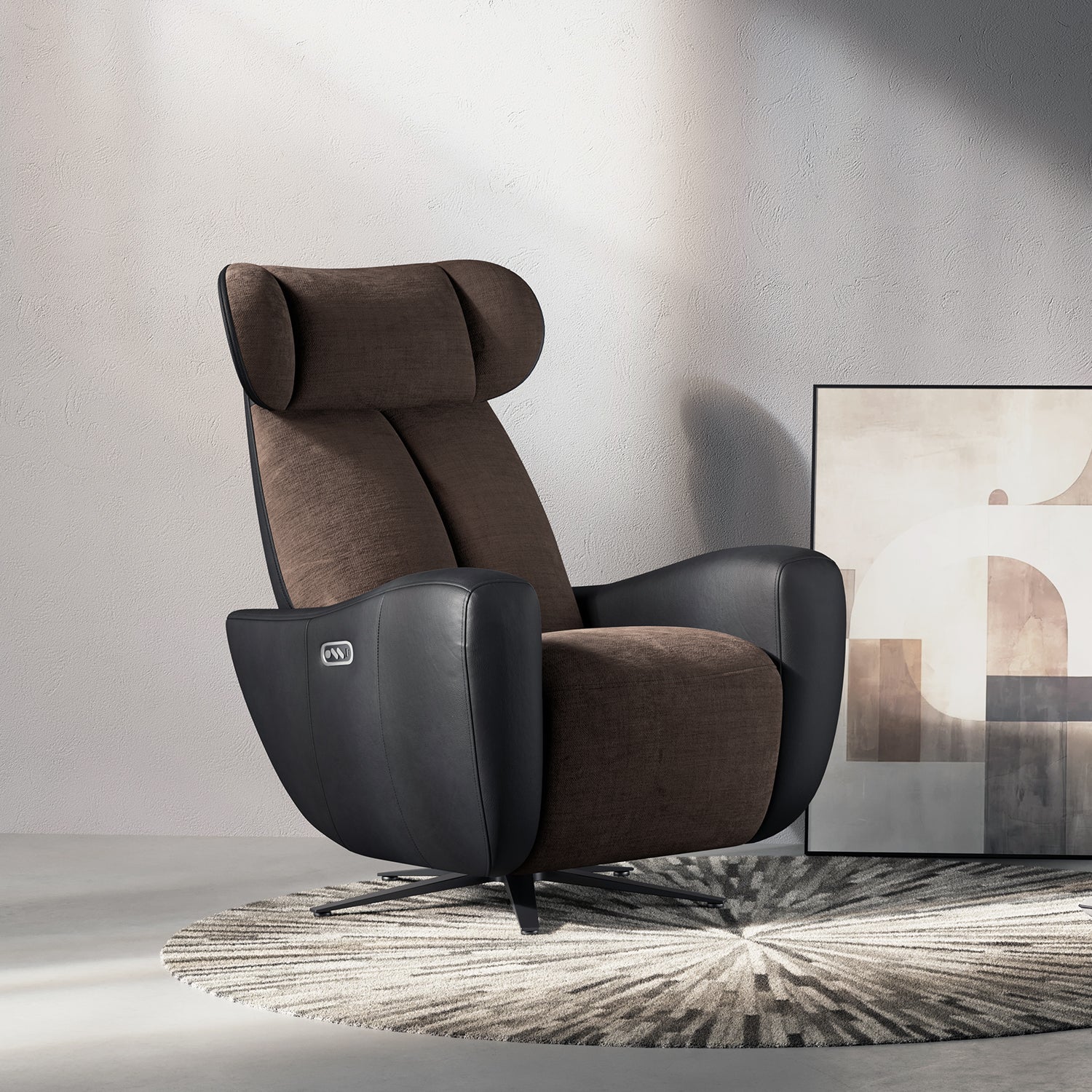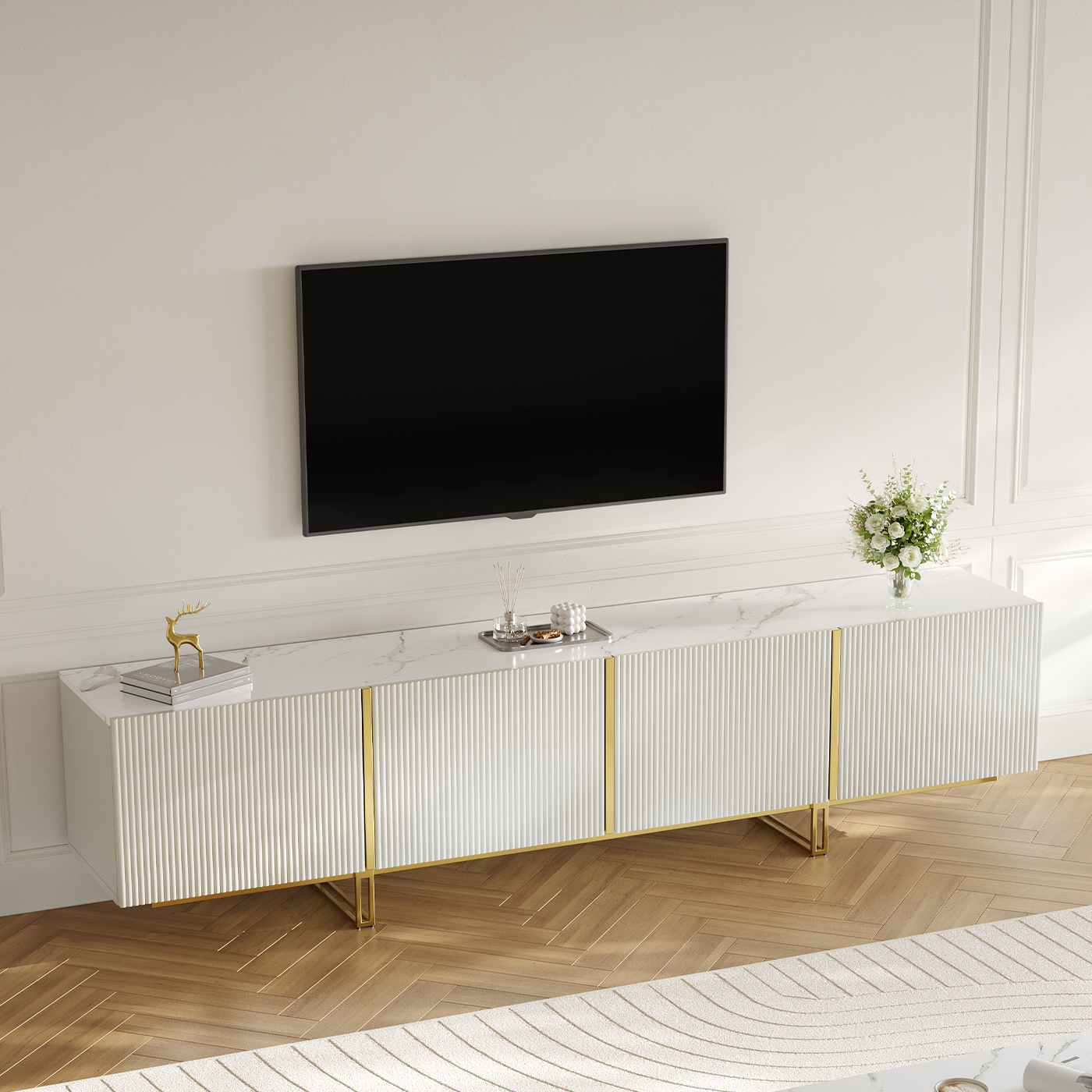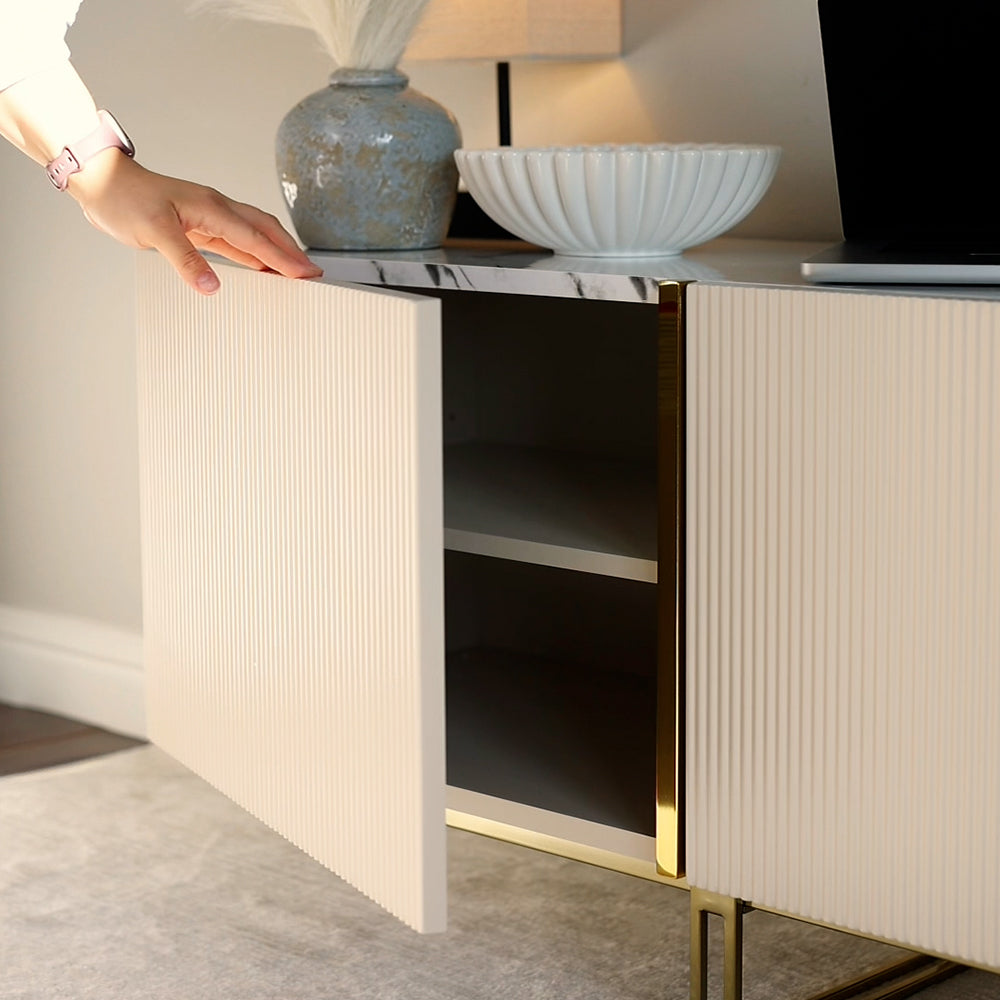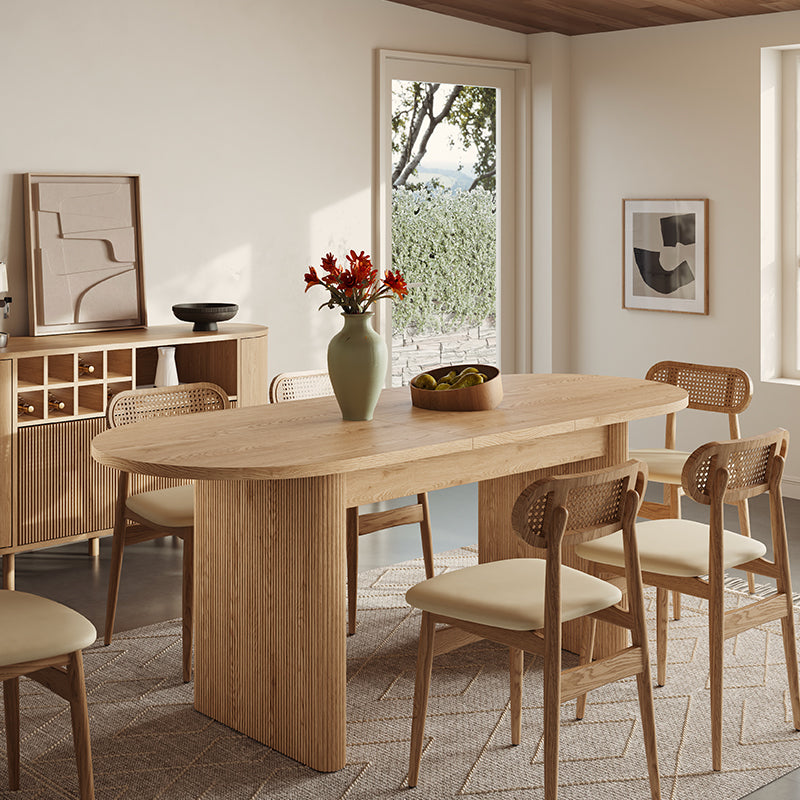A sectional sofa can be a game-changer when it comes to arranging furniture in your living room. With its versatility, comfort, and ample seating, a sectional can work in a variety of layouts and styles, whether you have a cozy apartment or a spacious family room. However, with its larger size and unique shape, it can be tricky to arrange a sectional sofa in a way that maximizes both functionality and aesthetics. In this article, we’ll guide you through the key steps and tips for arranging a sectional sofa in your living room, helping you create a space that is both stylish and inviting.
Table of Content
1. Consider the Room Layout and Size
Before you begin placing your sectional sofa, it's essential to take a good look at your living room and assess the layout. The size and shape of your room will determine how much flexibility you have in terms of arrangement.
- Small Rooms:
If you're working with a small space, a sectional can still work well, but you’ll need to be mindful of its size. A sectional with a low profile and clean lines can help make the room feel more spacious. Consider placing the sectional along one wall or using a corner sectional to maximize seating without crowding the room.
- Large Rooms:
For larger spaces, you can afford to get a little more creative. A sectional can be arranged to create zones within the room, such as a cozy conversation area or a TV-watching nook. The sectional can be placed centrally to anchor the room, or you might position it away from walls to create a more dynamic flow.
2. Establish a Focal Point

When arranging any furniture, it's crucial to establish a focal point in the room. This could be a fireplace, a large window with a view, a TV, or even an artwork or statement piece. The sectional sofa should be arranged in a way that highlights this focal point.
- TV or Media Wall:
If your primary focal point is a TV or media console, arrange your sectional so that it faces the screen. In this case, you might want to keep the sectional in a rectangular shape, either against the wall or floating in the middle of the room, to create a comfortable viewing angle. Ensure that all seating provides an optimal line of sight.
- Fireplace or View:
If the focal point is a fireplace or a beautiful view outside your windows, orient the sectional toward this feature. This arrangement creates a cozy, inviting environment and encourages conversation and relaxation.
3. Create Functional Zones
In larger living rooms, a sectional can be used to divide the space into functional zones. For example, if you have an open-plan living room and dining area, you can use the sectional to clearly define the boundaries between the two areas.
- Divide the Room:
Place your sectional in such a way that it visually separates the living area from the dining space or kitchen. A sectional that faces the dining area creates a distinct transition between the two spaces while still allowing for an open, airy feel.
- Conversation Area:
If you're aiming for a cozy, intimate conversation area, arrange the sectional in a circular or L-shape configuration to encourage interaction. This layout works especially well for family rooms or spaces where guests frequently gather.
4. Use the Right Orientation
Sectional sofas come in various shapes and configurations, such as L-shaped, U-shaped, or even curved. The orientation of your sectional can significantly impact the flow and functionality of your room.
- L-Shaped Sectionals:
The L-shape is ideal for creating a cozy corner in your living room, maximizing corner space and providing ample seating for guests. This layout works well when you have limited wall space or want to focus seating around a specific area, like a TV or fireplace.
- U-Shaped Sectionals:
U-shaped sectionals are perfect for large rooms where you want to create a more formal, symmetrical look. This shape works well when you want to accommodate large groups of people, as it allows for equal seating on all sides and encourages conversation.
- Modular Sectionals:
Modular sectionals are versatile and allow you to arrange individual pieces to fit the room's needs. These are great if you frequently rearrange your space or want to create a custom layout. For example, you could arrange a modular sectional to face a different part of the room depending on the activity.
5. Keep Traffic Flow in Mind
While arranging your sectional, always be mindful of the room's traffic flow. You want to ensure that people can move around the room easily without feeling cramped or blocked by furniture. Leave enough space between the sectional and other pieces of furniture (like coffee tables, end tables, or lamps) to allow for smooth movement.
- Open Pathways:
Aim to leave at least 18-24 inches of space between the sectional and walls, as well as between the sectional and other furniture. This allows for comfortable passage and prevents the room from feeling too cramped.
- Avoid Obstructing Walkways:
Make sure the sectional doesn’t block any natural walkways or doorways in the room. Arranging the sectional with a bit of space from walls also helps to create a sense of openness and flow.
6. Balance the Arrangement with Additional Furniture

Once your sectional is in place, you can add complementary furniture and decor to balance the arrangement. The goal is to create a well-rounded, cohesive look that feels inviting and functional.
- Coffee Table and Side Tables:
A coffee table should be placed centrally in front of the sectional, within easy reach of all seats. Consider the size of the table in relation to the sectional—ideally, the table should be around two-thirds the length of the sofa. Side tables can be placed next to the sectional to provide additional surface space for lamps, drinks, or decorative items.
- Accent Chairs and Ottomans:
If you need more seating, accent chairs or ottomans can be added to the layout. Place them near the sectional to maintain a balanced look. An ottoman can also serve as an additional surface or footrest.
- Area Rugs and Lighting:
An area rug can help define the seating area, especially in open-plan spaces. Make sure the rug is large enough to anchor the sectional and allow the front legs of the sofa to rest on it. Lighting is also important; use floor lamps or table lamps to ensure the space is well-lit and cozy.
7. Personalize with Pillows and Throws
Lastly, don’t forget to personalize your sectional with decorative pillows and throws. These accessories add color, texture, and warmth to the space, making it feel more inviting. Choose pillows in varying sizes, shapes, and patterns that complement the color scheme of the room. A few cozy throws can also enhance the comfort of your sectional.
Conclusion
Arranging a sectional sofa in your living room doesn’t have to be a daunting task. With thoughtful planning, you can create a functional and stylish layout that enhances your space. Start by considering the room size and layout, establish a focal point, and be mindful of traffic flow. Whether you have a small, cozy room or a spacious open-plan area, a well-arranged sectional can make a significant impact on the overall design of your living room. With a little creativity, you can turn your sectional sofa into the centerpiece of your home that encourages relaxation, conversation, and family time.
Choosing the best carpet color for a brown sofa involves considering the shade of the sofa, your room's style, and your personal preferences. Whether you opt for soft neutrals, bold jewel tones, or warm earth tones, the right carpet can enhance the beauty of your living space while providing a cozy, inviting atmosphere.
Remember to take into account the size of your room, natural light, and existing decor elements when making your decision. With careful consideration and creativity, you can create a harmonious and stylish environment that showcases your brown sofa beautifully.

